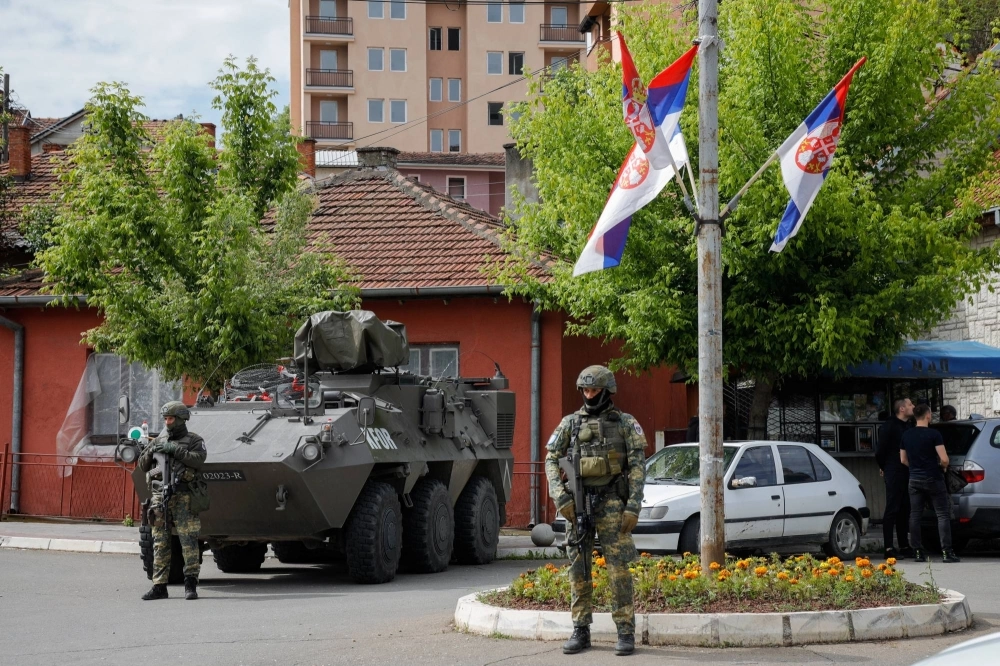Throughout Russia’s history, czars looked for ways to dominate what they called the "near abroad” of their sprawling empire. In today’s world, President Vladimir Putin’s illegal invasion of neighboring Ukraine follows that strategic arc. If he is victorious, it is logical he would turn his attentions to Moldova, the next stop on the road to Eastern Europe — and where a Russian separatist enclave, Transnistria, already is occupied by Russia.
But there is another very attractive target nearby: the western Balkans. The turbulent stretch of territory to the southeast of Europe includes four stable North Atlantic Treaty Organization members: Croatia, Albania, Montenegro and North Macedonia. But the Kremlin has its eyes on other prizes: Serbia, Kosovo and the ethnically divided nation of Bosnia and Herzegovina. How might Putin seek to extend Russian influence and undermine North Atlantic Treaty Organization and European Union engagement in this important corner of Europe?
I know this terrain well from my days at NATO and as overall U.S. military commander in Europe. Before that, I served in the Balkan wars of the 1990s as captain of a destroyer off the coast of Serbia, enforcing an arms blockade against its aggressive regime. Over the years, I’ve met most of the senior leaders in the region, including Serbian President Aleksandar Vucic, former Croatian president Kalinda Grabar-Kitarovic and Milorad Dodik, current leader of Respublika Srpska (the ethnic Serbian portion of Bosnia).

















With your current subscription plan you can comment on stories. However, before writing your first comment, please create a display name in the Profile section of your subscriber account page.